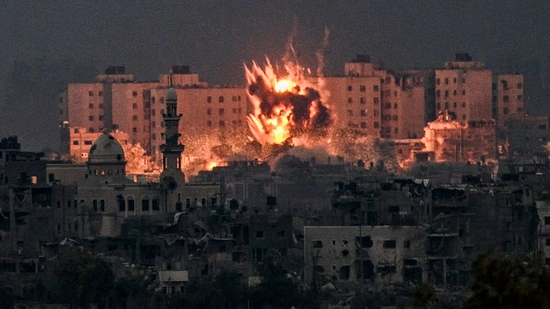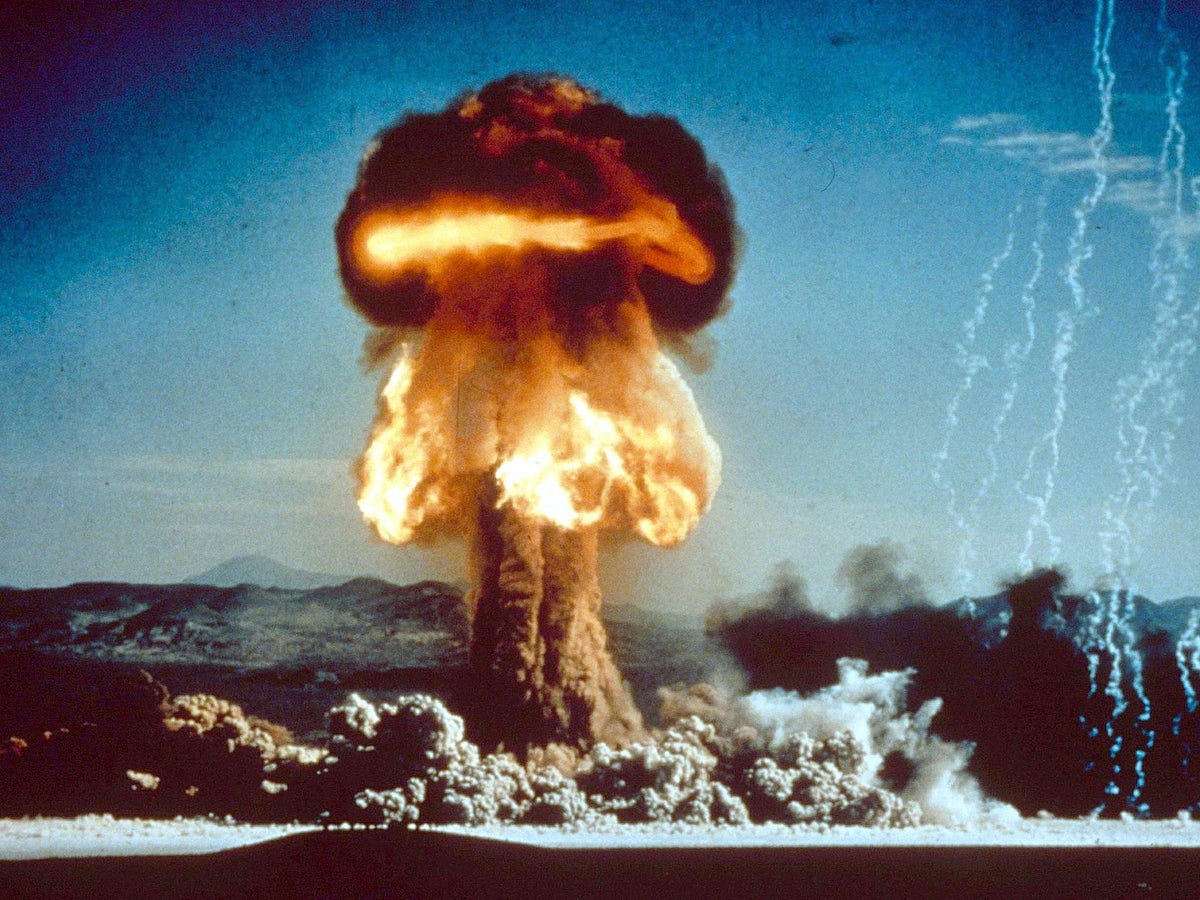At least I’m not the only one calling it World War Three anymore. I’m starting to see WWIII headlines across major media outlets.
There are so many bad things happening now, all at once, we might get ‘news-fatigue’ and fail to see the signs of the times.
The U.S. and the U.K. have attacked more than 60 different targets in the country of Yemen, to Israel’s south. The targets were said to be support sites for the Houthi rebels in their attacks on American and other shipping in the Red Sea. Nearly all the targets contained ammunition, drones, and missiles supplied to the Houthis by Iran.
Who are the Houthis, and what are they doing in Yemen?
The Houthis are Shia Muslims. (Islam is split into two major factions – Shia and Sunni. They don’t get along, but they are united in hatred of Israel.) Houthi rebels overthrew the (Sunni) Yemeni government in 2014, with the help of Shia-led Iran. Sunni-run countries like Saudi Arabia have been trying to reinstate the proper government of Yemen ever since, so far to no avail.
By attacking the Houthis on Yemeni soil, the U.S. and U.K.
and their allies (the biblical 'King of the South') are attacking Iran by proxy. Iran is allied with the 'king of the north', Russia.
Meanwhile, South Africa has formally brought charges against Israel in the U.N. for war crimes associated with their attacks on Hamas-led Gaza. Turkey has backed South Africa’s charges.
As Hamas attacks Israel from the west, Hezbollah is launching drones and firing rockets and guided missiles into Israel from Lebanon to Israel’s north. Israel retaliates in kind, firing at Hezbollah targets within Lebanon They have killed hundreds of Hezbollah, in addition to thousands of Lebanese civilians and the tens of thousands they have killed in Gaza. (The actual government of Lebanon doesn’t approve of Hezbollah, but claims it can’t stop them and isn’t responsible for them.)
Like the Houthis, Hezbollah is backed by Iran. Unlike the Houthis, the Hezbollah threat is vast – they are believed to have 150,000 missiles aimed at Israel.
Powerful as Israel is, they are unlikely to be able to succeed against Hamas, Houthis, and Hezbollah without help. The U.S. has 40,000 troops deployed to Israel. They had to recall an aircraft carrier from the Mediterranean after its mission had been extended twice due to the Ukraine war and other threats. With the new troubles, they moved a different aircraft carrier into the Red Sea. Iran claims they, too, have moved their carrier to the Red Sea.
Meanwhile, the war between Russia and Ukraine may have left the headlines, but it has not gone away. The ‘clay and iron’ problem in the U.S. government has delayed funding for Ukraine and hindered funding for Israel. Once-neutral Sweden has vowed to increase military spending, is urging its citizens to start preparing for war, and is encouraging its youth to volunteer for military service.
And on the other side of the world from all of that, Venezuela has decided to move its border and grab about half of the country of its neighbor Guyana, after gold and oil were discovered there. That should be a local squabble except that Guyana, the only English-speaking country in South America, has asked the U.K. for help. And Britain responded that they will “ensure Guyana’s territorial integrity” no matter what. They now have a British warship standing off the coast. Venezuela in turn accused the British of destabilizing the area. The U.S. has made the same pledge.
And Russia recently moved warships into the area to show their support for Venezuela.
So, for those of you keeping score at home:
The King of the North - Russia and its allies, including Iran and Venezuela - is shoving against the King of the South - America, Britain, Israel, and their allies. However it works out, perhaps we’ll hear ‘Peace and Security!’ when it’s over. (Daniel 2:43; Daniel 11:40; 1 Thessalonians 5:3)
You can read Part One of this series by clicking here. You can read Part Two here.






